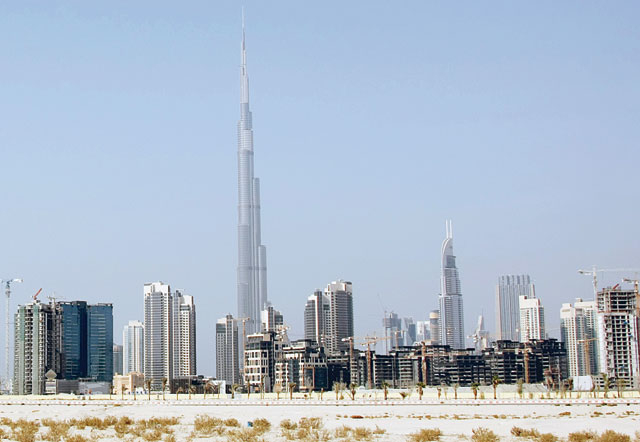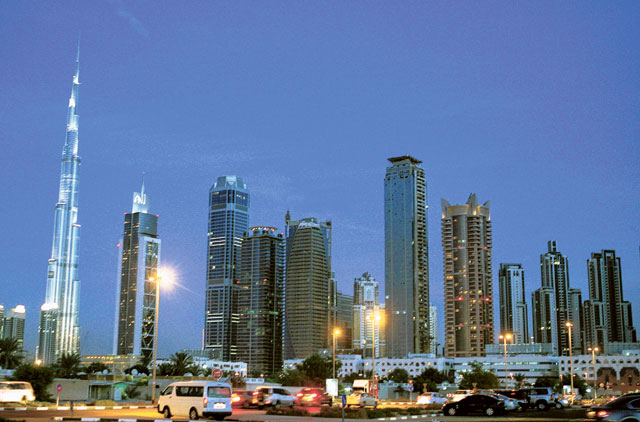Dubai: The UAE is ranked 11th position globally in the Foreign Direct Investment Confidence Index (FDICI) created by management consulting firm A.T. Kearney on Tuesday.
The A.T. Kearney Foreign Direct Investment Confidence Index established in 1998 and now in its 14th edition is an in-depth view of forward-looking global investment sentiment. In this year’s ranking, the UAE climbed to 11th position from 14th position in 2013 and 15th in 2012.
Last month, the Swiss-based International Institute for Management Development (IMD) ranked the UAE in 8th position in global competitiveness and ranked the UAE government as the most efficient with strongest decision-making and the lightest bureaucracy in the world.
In the FDICI ranking, US maintained its 1st place position from last year followed by China and Canada.
In the Middle East, the UAE is the only country that figures in the top 25 ranks. Globally, the UAE’s ranking is above countries such as Mexico, South Africa, Switzerland and Malaysia. In addition, 39 per cent of global investors responded that UAE as an FDI destination had a more favourable outlook than in 2012.
“The Emirates’ traditional strengths of well-developed infrastructure, talent base, strategic location, and ease of doing business offers international investors easy access to many of the world’s fastest-growing markets including the Middle East, Central Asia and Africa,” said Anshu Vats, Partner at A.T. Kearney Middle East.
The UAE reported a $9.6 billion inflow of FDI in 2012, up from $7.7 billion the year before. Following the opening of new areas for foreign investment, several large Emirati companies are lifting the total value of equity that may be held by foreign investors. Most recently, Dubai Investments announced a lifting of the ceiling to 35 per cent, and Deyaar, Union Properties, and Mashreq have also recently lifted their ceilings.
FDI in the hospitality business is expected to increase as Dubai prepares to host the 2020 World Expo. The total investment needed for the event is $8.8 billion, including plans to double the number of hotel rooms in Dubai.
“The UAE has developed investment opportunities, diversifying the industrial base and attracting innovative SME industries to the region. These efforts have delivered very positive results: Dubai securing Expo 2020, and Abu Dhabi’s 2030 strategy being tangible examples of the value proposition the country has presented to international industrial and investment communities,” said Vats.
Globally FDI flows hit an all-time high of $2 trillion in 2007, when global economic growth stood at 3.9 per cent and most economists were predicting continued robust growth. Following the great recession and the economic contraction of more than 2 per cent in 2009, global FDI flows dropped to $1.8 trillion in 2008 and to $1.2 trillion in 2009.
In 2010 and 2011, as the global economy slowly recovered, FDI improved modestly as investors got back to business. In 2012, however, global FDI suffered a setback, dropping to $1.4 trillion as the ongoing effects of the economic and sovereign debt crises and concern over systemic uncertainty.
With the economic optimism returning across the world, FDI flows are expecteded to pick up pace this year. “Despite volatility and economic uncertainty on a global scale, the findings from the 2014 FDICI suggest that a corner is being turned. Corporations sitting on massive cash reserves are increasingly confident that they can parlay these into productive investments with attractive returns,” said Paul A. Laudicina, founder of the FDI Confidence Index and A.T. Kearney chairman emeritus.














